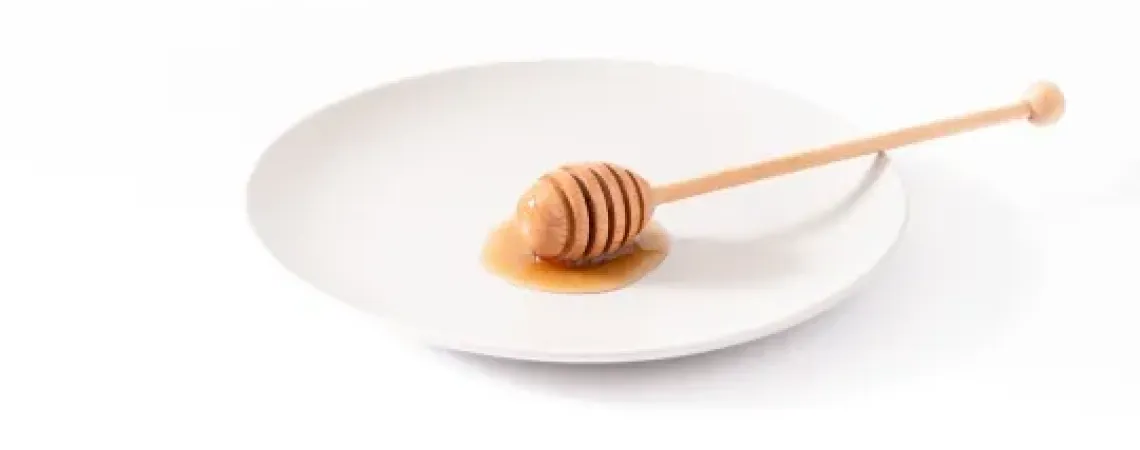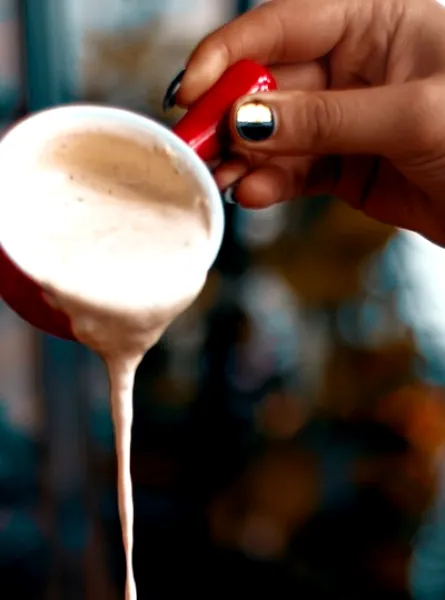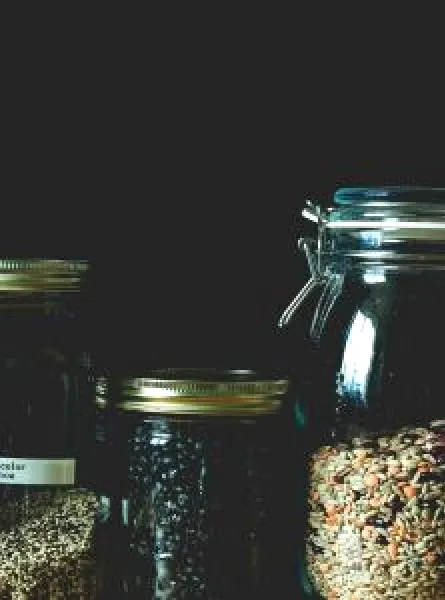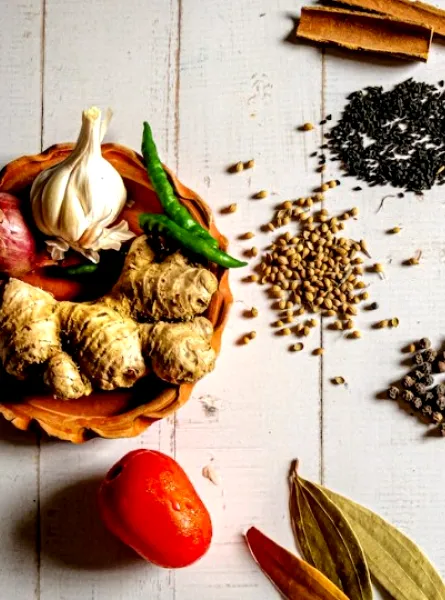
What kind of sugar is better for us? Is it organic, non-GMO, harvested on a full moon honey? Is it the white sugar discounted this week at the grocery store? Ding ding ding, let the fight begin!
Natural vs. processed sugars
Honey, maple syrup, or white sugar? It's true that in general, we prefer less processed foods. However, the body metabolizes all sugars in a similar way to obtain glucose, an essential source of energy for our brain and muscles. So whether we choose agave syrup to sweeten a tequila-based cocktail or brown sugar in our brownie recipe, we get glucose (and therefore energy!). We can choose a sugar source for several reasons other than their level of transformation: accessibility, environment, color, conservation, etc.
Final score: It doesn't matter, as long as it tastes good!
Liquid sugars vs. granulated sugars
Are liquid sugars (like maple, corn or agave syrup) really better than granulated sugars (like white sugar, brown sugar, brown sugar or cane sugar)? Once again, the form of sugar (liquid or solid) does not have much impact on the way our body processes it. The sweetness intensity, how "sweet" the taste will be for the same amount of sugar, varies however between these different types of sugar. For example, honey is sweeter than white sugar, but molasses and cane sugar are less sweet. Nevertheless, whether they are more or less sweet, the forms of sugar are transformed in a similar way by our body.
So the question is, what do we use the sugar for? A birthday cake? A chicken marinade? Sometimes, when granulated sugar is baked, it adds a golden color to our recipe. Sometimes, using liquid sugars can also add moisture. For this reason, the amount of brown sugar required for a cake cannot be replaced by an equivalent amount of maple syrup. So, we have to make the right conversions!
Final score: It doesn't matter, as long as it fits in the recipe!
Sugars vs. sweeteners
Aspartame, stevia, erythritol, monk fruit extract and saccharin, there are many sweeteners (calorie-free sugars). Health Canada regularly updates the list of permitted sweeteners, based on scientific literature and recent studies. Should we choose sweeteners over regular sugars because they contain no carbohydrates and have no calories? Not necessarily, since replacing sugar with a sweetener maintains the taste for sweetness in food and can have a deleterious effect on our intestinal microbiota.
Final score: It's a matter of personal preference, but generally speaking, we prefer sugars to sweeteners!
Natural vs. artificial sweeteners
One might think that natural sweeteners, such as stevia or monk fruit extract, are better choices than artificial sweeteners, such as aspartame or sucralose. However, all sweeteners are still being studied and we cannot say for sure that "natural" is necessarily "better". Sweeteners (natural or not) all behave differently in our body, but are generally little or not absorbed.
Final score: It doesn't matter, as long as Health Canada approves!
There is no universal answer when it comes to the different forms of sugar. It goes without saying that we can have many questions about processed foods and carbohydrate sources. Fortunately, the dietitian is there to help us see things more clearly!





